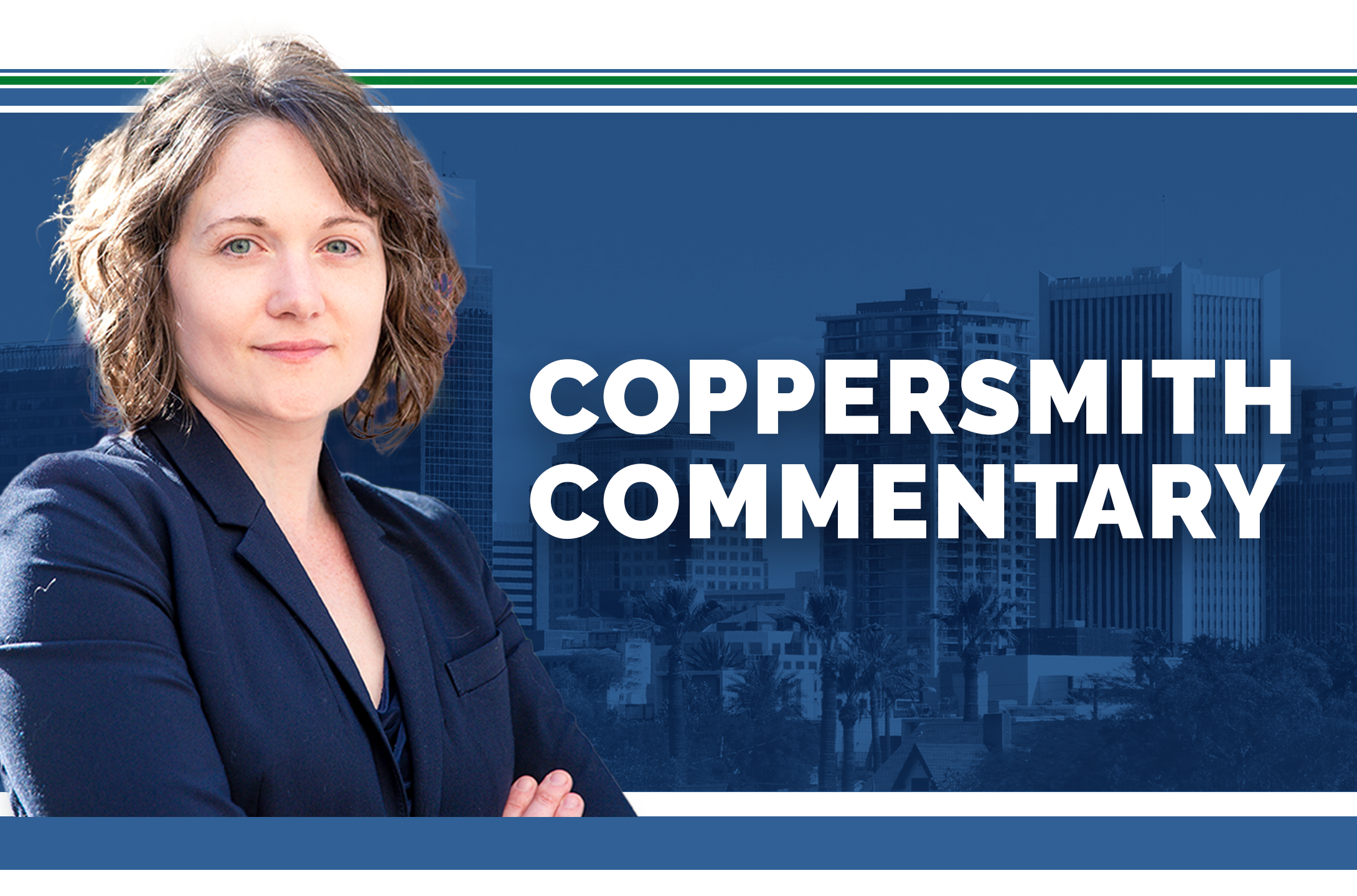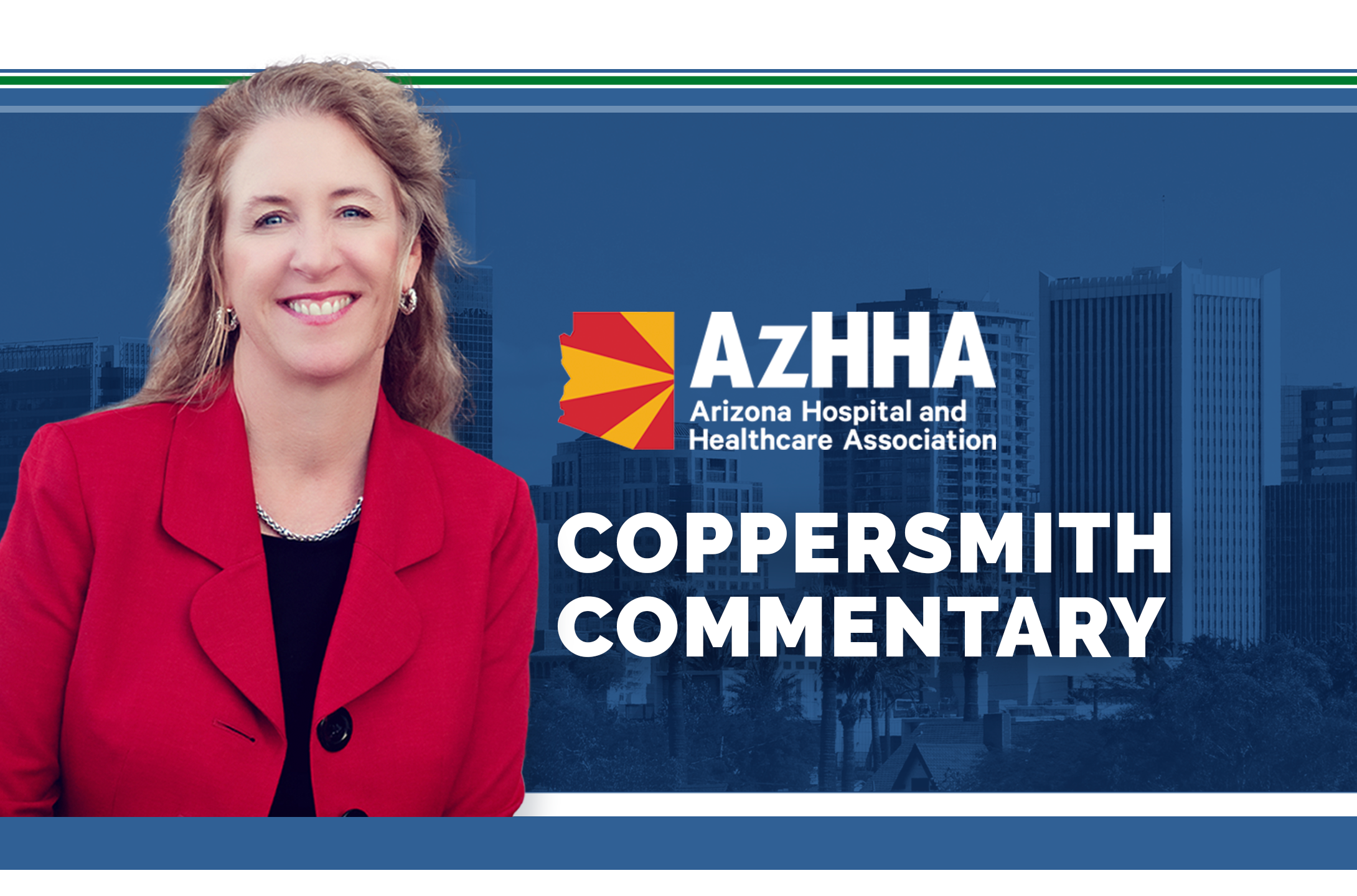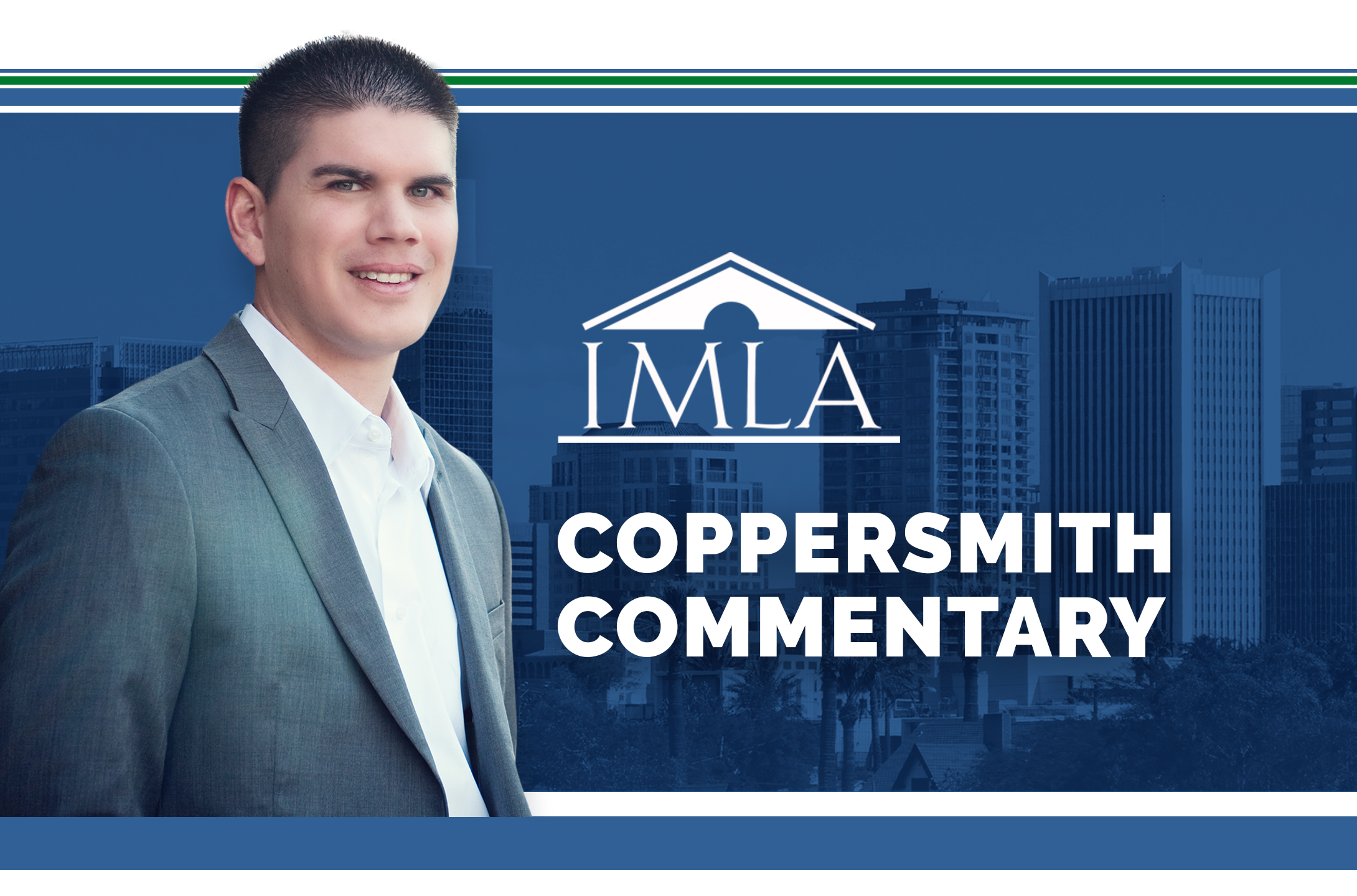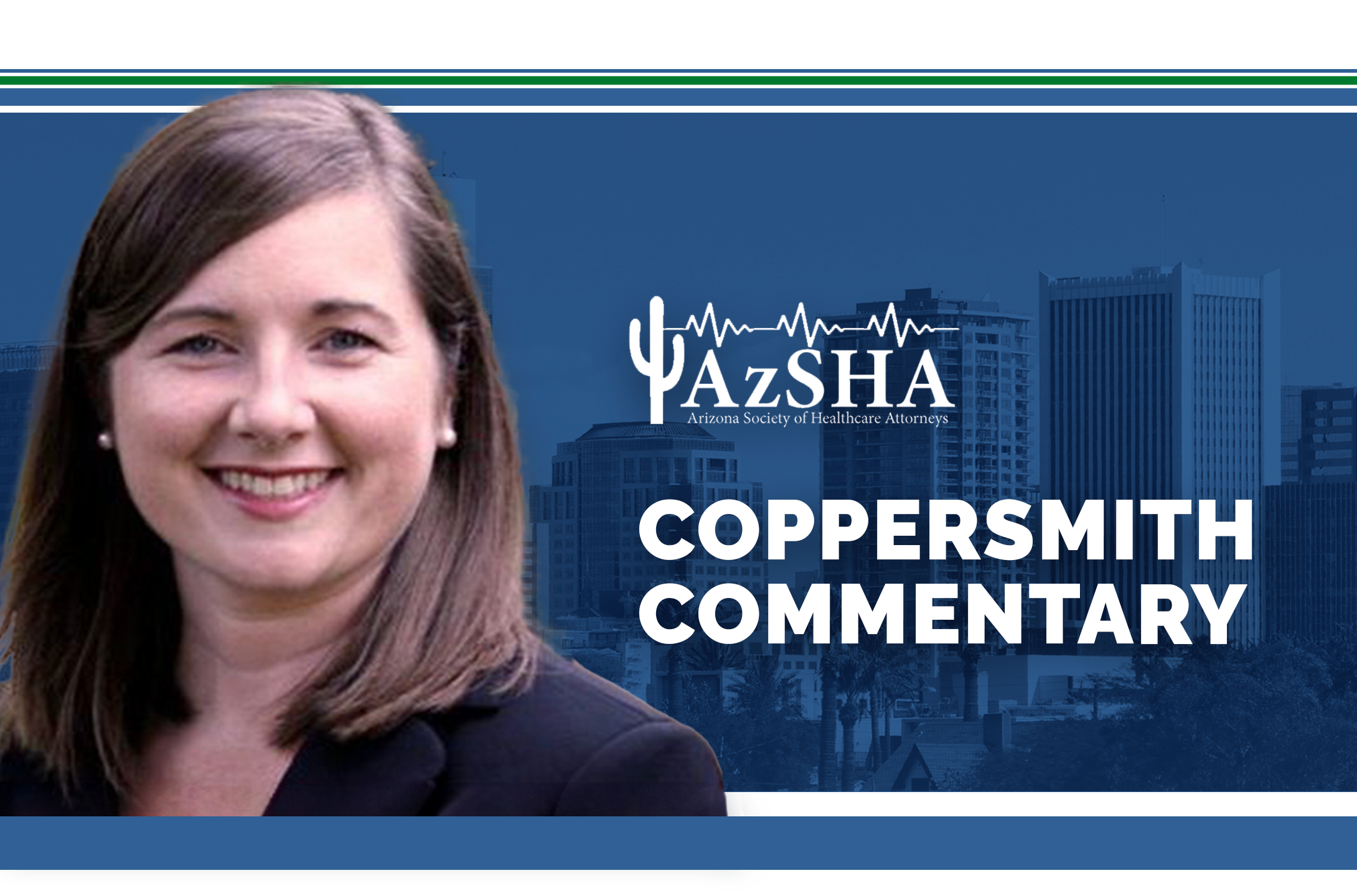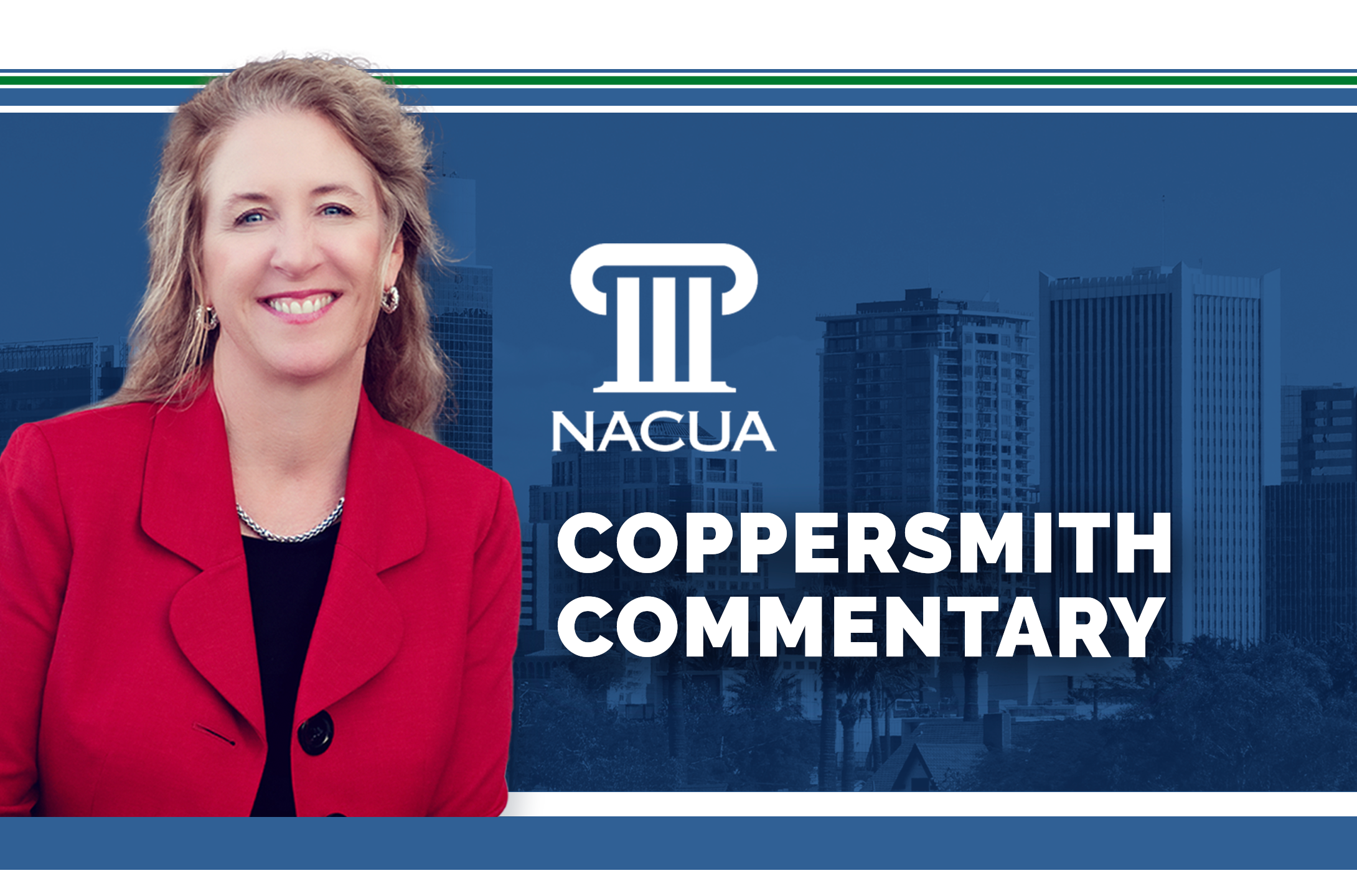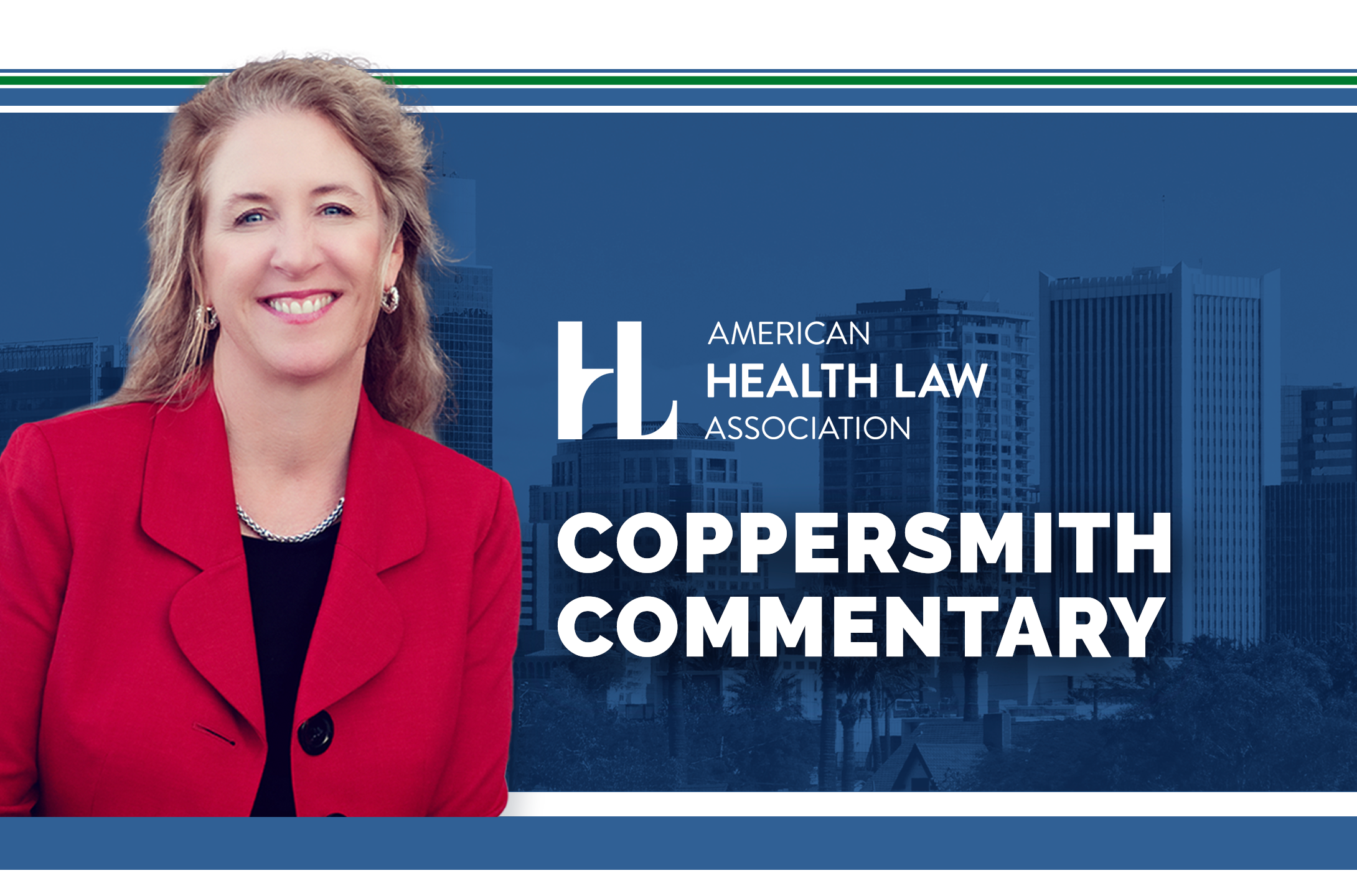Mel Soliz Shares Insights on Evolving Interoperability Regulations at National Health Conference
At the Civitas Networks for Health Annual Conference, Partner Mel Soliz explored recent updates to the interoperability landscape and how they impact health information networks and exchanges (HIN/HIEs). Mel’s regulatory practice focuses on compliance with data privacy, access and interoperability laws (such as the Information Blocking Rule and CMS interoperability mandates as well as state mini-interoperability laws), health IT/technology service contracting, and HIN/HIEs (including national and state interoperability frameworks such as TEFCA, Carequality, CommonWell, DURSA, DxF and SCPA). She regularly speaks in local and national forums on these topics and has been active in state and federal policymaking on data privacy and HIE issues. She is the President of the Arizona Society of Healthcare Attorneys and is regularly lauded by Chambers USA, Best Lawyers, BTI Client...
Read MoreRead More
